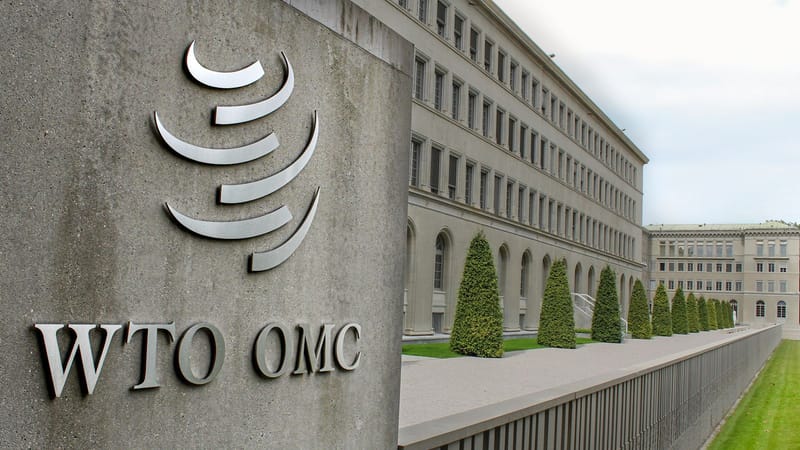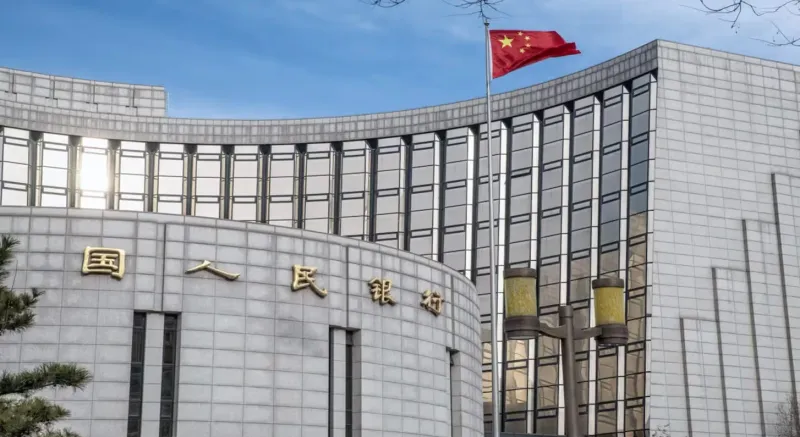Japan’s Inflation Surge Sparks Hope Amid Persistent Economic Challenges
Amid global inflation, Japan's response is unique. After decades of deflation, some policymakers view inflation as a potentially positive shift.
As the global economy faced inflationary pressures over the past few years, Japan’s response has been notably different. For nearly three decades, Japan grappled with deflation and stagnation, making the prospect of inflation almost a welcome change for some policymakers and investors.
During Japan's post-war years, the country experienced decades of rapid economic growth, with GDP expanding by an average of 7% annually from 1955 to 1990. However, the 1990s brought a series of economic crises. Bursting asset bubbles led to a severe balance sheet recession, with residential property prices plummeting by more than 50%, commercial property values collapsing by about 85%, and the Nikkei 225 stock index falling by roughly 75%. This period left Japan's economy in a prolonged state of stagnation, marked by near-zero growth and persistent deflation.
In an effort to revive the economy, the Bank of Japan implemented ultra-loose monetary policies, cutting interest rates below zero and purchasing vast amounts of bonds, corporate debt, and even stocks. Despite these measures, Japanese households and businesses remained focused on debt repayment rather than spending, leading to minimal economic growth and continuous deflation. Cultural factors further exacerbated the situation, with Japanese consumers developing a strong resistance to price increases.
The recent global inflationary surge has offered a glimmer of hope for Japan. In April 2022, Japan's annual inflation rate, which had averaged just 0.35% since 1990, rose above 2% for the first time in nearly a decade. Policymakers hoped that this would spur a wage-price spiral, encouraging higher wages and increased spending, thus breaking the deflationary cycle. Indeed, signs of this shift have emerged, with wages projected to grow by over 5% this year, the highest rate since 1991. Inflation has remained above 2% for 25 consecutive months, and the longstanding taboo against price hikes appears to be weakening.
Moreover, Japan has started to benefit from deglobalization trends, with high-tech firms relocating operations to the country to safeguard supply chains. Notably, Taiwan Semiconductor Manufacturing Company is investing $20 billion in two new plants in Japan, with the first set to open this year. Additionally, a weakened yen has fueled a tourism boom, with a record 18 million visitors in the first half of 2024.
Investor sentiment has turned optimistic. Last month, Morgan Stanley declared that Japan's economy is revitalizing, and Warren Buffett's Berkshire Hathaway has been purchasing Japanese stocks, which have finally rebounded to their 1990 peak levels.
However, underlying challenges persist. Despite the positive indicators, Japan's economic growth remains sluggish. In the first quarter of 2024, Japan's GDP contracted by 0.5% year-on-year, following stagnation in the previous quarter and a 0.9% decline in Q3 2023. Additionally, the divergence in monetary policies between Japan and other developed nations has led to a sharp depreciation of the yen, compelling the Bank of Japan to intervene heavily in currency markets.
Japan's substantial debt burden further complicates the situation. The country holds the highest public debt-to-GDP ratio globally, at 263% as of Q1 2024, along with a significant private debt-to-GDP ratio of around 250%. This makes Japan's economy particularly sensitive to interest rate changes, posing a complex challenge for the Bank of Japan if inflationary pressures persist and necessitate rate hikes.
While the recent inflationary trends have injected some optimism into Japan's long-stagnant economy, substantial hurdles remain. The coming months will be crucial in determining whether Japan can sustain this momentum and achieve a lasting economic recovery.






